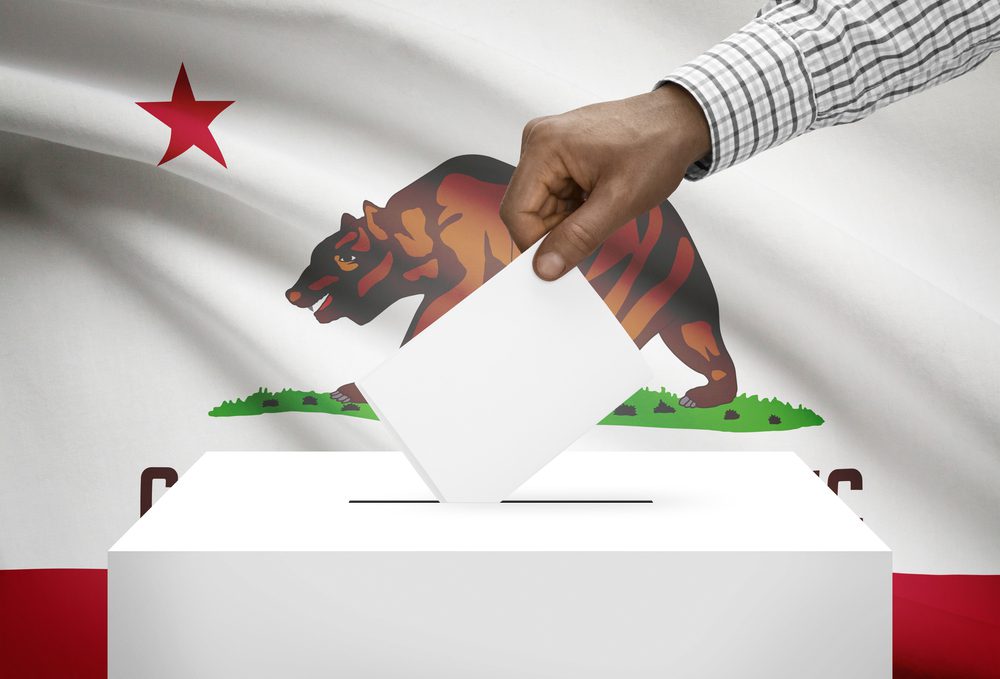Group continues to push for 2024 ballot measure to approve sports betting in California – CDC Gaming reports

A group seeking to introduce another sports betting ballot measure to California voters is moving forward with those plans, despite opposition from California tribal leaders.
Eagle1 Acquisitions Corp. LLC, a backer of the proposal to bring legal sports betting to California, submitted amendments to the Sports Betting Regulation and Tribal Gaming Protection Act to state Attorney General Rob Bonta. Their plan is to put the issue before voters in 2024.
The group said the modifications are based on feedback Eagle1 received from tribal leadership, out-of-state operators, other stakeholders and regulators. The changes are part of an effort to make the proposal more attractive and beneficial to California tribes.
The group’s efforts before this latest change had already been rebuffed by members of the California Indian Nations Gaming Association, who met with them recently.
In November 2022, California voters, after spending hundreds of millions of dollars on advertising, roundly rejected competing measures to bring sports betting to California, one backed by the tribes that would involve in-person betting at tribal casinos and horse tracks and the second backed by a trade exit. – State operators seeking to enable online betting.
Victor Rocha, a member of the Pechanga Band of Indians of Southern California and president of the Indian Gaming Association conference, said Tuesday he does not understand this continued push will only lead to failure, because it does not have voter support on a ballot basis. He said he would be surprised if any measures made it to the ballot box.
“These guys only hear what they want to hear,” Rocha said. “They’re looking to split up the tribes and give more money to the non-gaming tribes and show them off on camera and say, ‘Look how we’re helping these poor Indians.’ We’ve seen that before and it doesn’t work.”
Rocha hosted a webinar on November 22 with CNIGA President James Siva who spoke about his group’s strong stance against the initiatives. It will require placing about 900,000 signatures on the ballot. “He’s a zombie,” Rocha said. “The only question is when it will fail.”
The latest proposal was made by Kasey Thompson and Reeve Collins, co-founders of Pala Interactive which has since been sold to Boyd Gaming.
In a new statement issued Tuesday, the group said its initiatives would regulate the unregulated gaming market, place full control of online and in-person sports betting in California in the hands of tribes, and “provide a fair and competitive sports betting environment for Californians.” The group said California has the potential to become the largest legal sports betting market in the country with an estimated $60 billion in bets and $3 billion in revenue annually.
“We took a proposal that had the support of more than 70 tribes and was one of the most tribal-focused proposals ever, made adjustments based on tribal and regulatory feedback, and updated it to fit the current legal landscape,” said Casey Thompson, a partner at the Associated Press. Eagle1 Acquisitions and Proposal Architect, in a statement. “What we are trying to do is create something that works for everyone. Tribal support is critical to the success of this effort and we will not put it on the ballot without the approval of a majority of tribes.”
Eagle1 partner Reeve Collins said they removed language they were told didn’t work for tribes and created something inclusive of everyone — tribes, land-based casinos, regulators, out-of-state operators and California residents.
“This is a forward-thinking, tribal-centered proposal that finally paves the way for sports betting in California,” Collins said in a statement.
Tribes would not have to provide any financial support to support passage of the proposal with Eagle1 bearing the cost, including a signature campaign costing about $25 million and a public vote campaign, which would cost several hundred million dollars. The group said.
Under the proposal, the group said tribes that receive about $1 million annually under current conditions could receive an estimated 15 to 20 times as much annually under the proposal. In-person registration for those outside a 10-mile radius was removed from the casino’s requirements for online gaming after two years.







